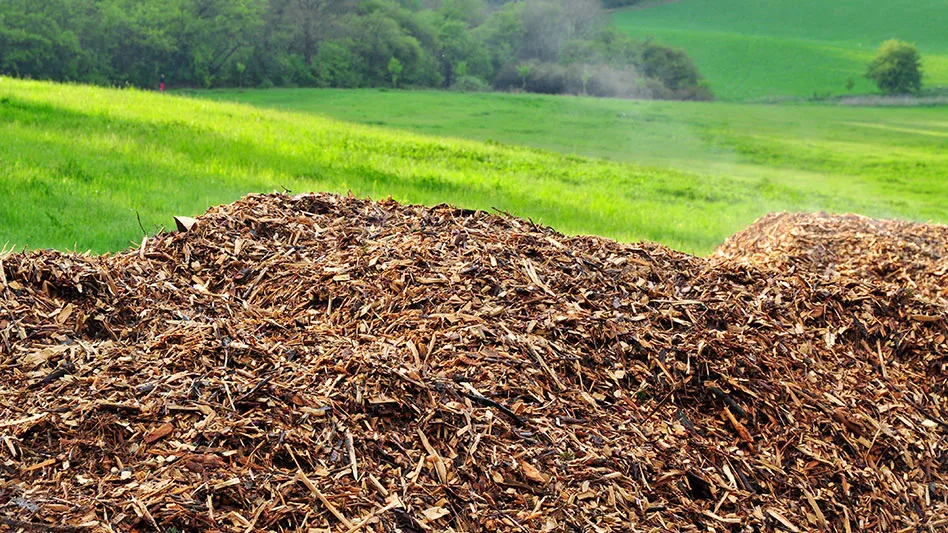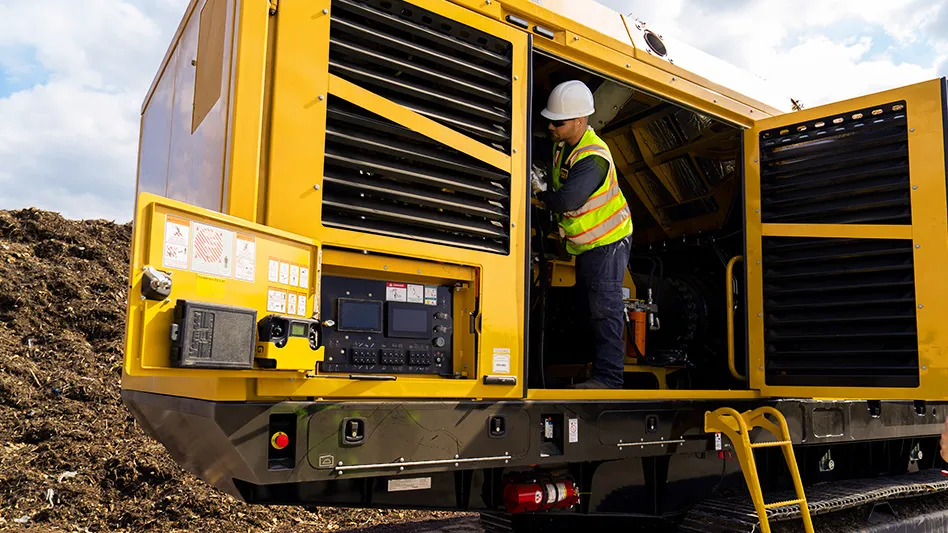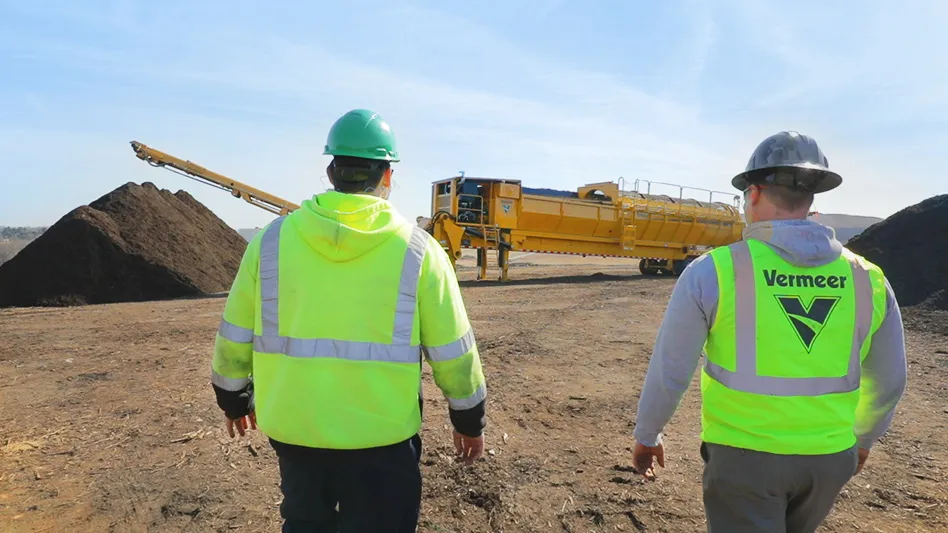
meryll | stock.adobe.com
Congressman John Garamendi (California) and Sen. Angus S. King Jr. (Maine) have introduced the Biomass for Transportation Fuel Act (H.R.7609), with Sen. Jeanne Shaheen (New Hampshire) and Reps. Jared Golden (Maine) and Ann Kuster (New Hampshire) as sponsors.
This legislation, introduced last week, would allow facilities generating renewable electricity from forest biomass like woodchips or sawdust to finally participate in the federal Renewable Fuel Standard (RFS) program, which mandates fossil fuel companies to subsidize alternative energy.
“I have long supported a utility-scale subsidy for biomass electricity to incentivize proper forest management in fire-prone states like California," Garamendi says. "As western states face increasingly severe and year-round fire seasons, this will help to reduce the artificially high levels of biomass on our forestlands due to man-made climate change, drought, invasive species like bark beetle outbreaks and years of mismanagement.
"Renewable electricity from biomass helps to reduce our nation’s greenhouse gas emissions and transition to a clean energy economy. While these measures alone will not solve the climate crisis or prevent all catastrophic wildfires, they are undoubtedly part of the solution.”
RELATED: Kore Infrastructure to build biomass facility to help manage forest fires
In passing the Energy Independence and Security Act of 2007 (Public Law 110-140), Congress made electricity from renewable biomass—including waste-to-energy from separated yard or food waste—eligible under the RFS. The Environmental Protection Agency (USEPA) has not approved a biomass electricity facility under the program. According to those supporting the proposed bill, some pending applications for biomass electricity have been pending for nearly a decade.
If passed, the Biomass for Transportation Fuel Act would require EPA to fully implement the eligibility for electricity generated from renewable biomass (including biogas) under the RFS program, as well as approve the pathway for renewable electricity from biomass, but only for feedstocks already eligible under the RFS (agricultural waste, forest byproducts, municipal/commercial food waste, etc.).
The bill also would make biomass removed from federal forestlands eligible under the RFS. Current law only allows for biomass collected from nonfederal lands, including privately owned land, state or locally owned public lands and tribal land held in trust by the federal government.
“Sustainable, science-based management is critical to preserving our forests, but the practice often results in leftover low-value timber that can pose wildfire dangers in drier parts of the country," says King, who also is co-chair of the Senate Working Forests Caucus. "Finding creative new incentives to keep this biomass off our forests’ floors is integral to the success of our state’s forest products industry and economy.
“The Renewable Fuel Standard program already includes forest biomass as part of the program, and the Biomass for Transportation Fuels Act simply requires the Environmental Protection Agency to fully implement that law and ensure that biomass gets the same treatment as other sources included in the RFS. A more efficient RFS approval process means forest producers are more easily able to dispose of low-value timber through the RFS, turning it into alternative fuels. This commonsense legislation is a win-win that will create more renewable fuel and reduce safety risk.”
The following organizations have endorsed the Biomass for Transportation Fuel Act: RFS Power Coalition, Biomass Power Association, American Biogas Council, Waste to Energy Association, National Association of State Foresters, American Loggers Council, National Alliance of Forest Owners, Business Council for Sustainable Energy, California Biomass Energy Alliance, Milk Producers Council of California, New York Bioenergy Association, Michigan Biomass Coalition, Associated California Loggers and the Associated Oregon Loggers.
Latest from Construction & Demolition Recycling
- EPA announces $3B to replace lead service lines
- NWRA honors award recipients during annual breakfast at WasteExpo
- Safe Fleet, ITA Dynamics unveil integrated financial, route management system
- Bateman unveils 210 series orange peel grapple
- Republic reports first quarter growth
- Meridian Waste completes second acquisition of 2024
- NEPA revisions could delay critical infrastructure, ABC says
- Liebherr USA announces new divisional director





